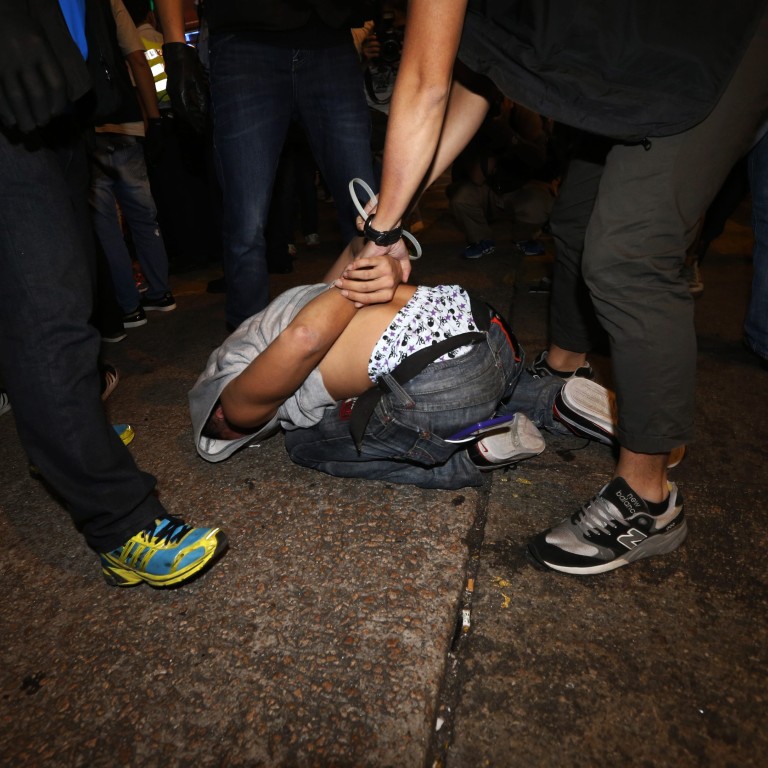
Hong Kong is paying the price of protest
Alice Wu says however the Occupy protests end, Hong Kong has already lost a lot of time - and goodwill - in its reform challenge
When it comes to the challenge of electoral reform and Hong Kong's political development, the notion that "we can't afford to lose" may seem overused and, in a sense, insulting. We have already lost, each and every one of us. We've lost social cohesion and our sense of community. The "unfriending" frenzy on social media was only the tip of the iceberg.
Whether annihilating each other online has led to real-life segregation or vice versa is something for social scientists to figure out. What we must deal with now is how we can move forward. A needed public conversation about how we should elect our leaders was put off for so long that it has turned into grievous social discord. Healing will be difficult.
Some may consider that the occupied areas have formed a new community, but they are built on isolation and exclusion, at the expense of those who happened to be in the way, or who disagreed with the protesters. Those closed-off islands, with barricades to disengage from the rest of society, are, at their core, destructive and delusionary.
It goes against the democratic characteristics of inclusiveness and openness. The longer these closed-off communities are allowed to carry on, the more warped their occupants' worldview will become, and the stronger their sense of victimhood. Why else would the rest of us be so perturbed by some of their ideas about the rule of law?
Yes, those who exercise power have the responsibility to adhere to the highest level of self-restraint. But that's not to say that those with less power are entitled to act with no restraint and cherry-pick when it comes to the rule of law. It's ludicrous that what is arguably our strongest democratic feature - the rule of law - has been sacrificed in the name of democracy.
By far, though, it's the lost time that will prove the most costly. Had discussions about the next step - anticipated since the previous reform package was passed by the legislature and ratified by Beijing in 2010 - begun earlier than in December 2013, things might have been different. That delay cost us opportunities for engagement and dialogue. We could be arriving at a much better position than we are now.
Francis Lui Ting-ming, a professor at the Hong Kong University of Science and Technology who founded the group Silent Majority for Hong Kong and who has tried to put a price tag on the Occupy movement, estimated that it may well have set back Hong Kong's political development by a decade.
Only time will tell whether wiping out the little trust that we had within the community, and between Hong Kong and Beijing, will cost this city so much. But a decade is a long time, considering that we've already used up 17 of the 50 years granted under the Basic Law.
Unfortunately, a pause in political development will affect all other areas. Time, unlike what student leader Joshua Wong Chi-fung claimed in his recent op-ed in , isn't on his side. Before we can even begin to talk about the process of healing and reconciliation, we have these bills to pay.

